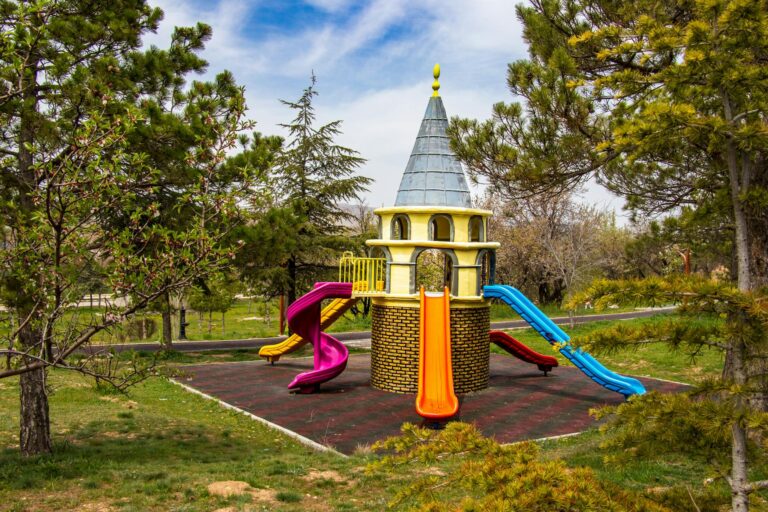**A Tapestry of Unforgettable Moments: Deep Reflections on the Ever-Changing Journey Through Dementia**
Dementia is a journey that is as unique as the person experiencing it. It’s a path filled with twists and turns, where every day brings new challenges and new moments of connection. In this article, we’ll explore the ever-changing journey through dementia, highlighting the importance of understanding, patience, and community support.
### Understanding the Journey
When a loved one is diagnosed with dementia, it can feel like a storm cloud has settled over your family. Dementia is a complex condition that affects each person differently. It’s not just a single path but a journey with many nuances. It’s essential to remember that you’re not alone on this journey. Many families and caregivers are navigating the same unpredictable waters, and there’s a wealth of support and knowledge to help you.
Dementia can be like the weather—constantly changing and sometimes unpredictable. Some days might be clear and sunny, with your loved one recalling memories and engaging in conversations. On other days, it might feel like a fog has rolled in, and things that were easy yesterday are suddenly tricky. This variability can be confusing and may make you wonder, “Is this a new stage of dementia?” However, not every hard day means a disease progression. Factors like physical health, sleep quality, and even the time of day can influence how your loved one behaves and functions.
### Recognizing Signs of Progression
Understanding the difference between daily fluctuations and long-term progression is critical. Short-term changes might be due to an infection, medication side effects, or a bad day. These are the rain or sunshine in your garden—they don’t define the overall growth. Actual progression in dementia is more gradual and usually involves significant shifts in abilities and behavior consistent over time.
To identify actual stage advancements, it’s crucial to look at the big picture. Note the changes, talk with healthcare professionals, and reach out to support groups when you’re unsure. By understanding the multifaceted nature of dementia, you can better prepare for the journey ahead and provide the best care and support for your loved one.
### The Importance of Community Support
Caring for someone with dementia is a journey that requires patience, understanding, and a heart full of empathy. It’s a path marked by small steps and giant leaps; sometimes, it’s hard to tell the difference. Engaging with the dementia caregiving community can be incredibly validating. Sharing your experiences with others who are going through similar challenges can help you find common ground and build a sense of camaraderie.
The community’s collective wisdom is invaluable. From practical daily care tips to navigating the healthcare system, the community’s support can guide you in making informed decisions for your loved one’s care. Communication is not just about talking; it’s also about listening, sharing, and connecting. It’s a two-way street that can lead to deeper understanding, better care, and camaraderie on this challenging journey.
### Self-Care for Caregivers
It’s essential to remember that self-care for caregivers is not optional; it’s essential. Taking the time to tend to your needs is crucial for maintaining the strength and emotional resilience needed to support your loved one. You can’t pour from an empty cup. Whether through social media, support groups, or one-on-one conversations, seeking help and support is okay.
### Embracing the Journey
As you continue on this path, remember that you are not alone. Many others are walking this road with you, facing similar challenges, celebrating similar victories, and understanding the depth of your commitment. Lean on them, learn from them, and let them support you.
In closing, embracing the journey with all its complexities is key. Cherish the good days, learn from the tough ones, and always hold onto hope. Dedication and love are your most vital tools, and they will carry you through. By understanding dementia and its impact, you’re





